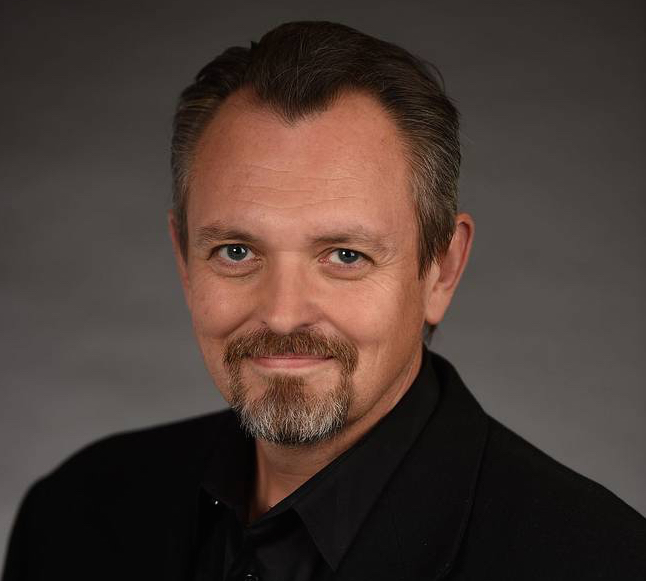 By Jacob Sahms
By Jacob Sahms
Dolphin Island director Mike Disa grew up on the South Side of Chicago, on 64th Street just outside of Market Park, what he calls “the murder capitol of the United States.” The animator, writer, and the director knows that he came out of a climate of violence, but he’s now turned his life’s art and work toward things of beauty and reconciliation.
Disa’s parents were both teachers, but the pull of gang life and violence was impossible to completely ignore as a ten year old. As a young boy, Disa remembers serving as an altar boy frequently at his uncle’s parish, St. Francis Xavier. “I did a lot of altar-boying,” he shares with a chuckle. “Anytime no one showed up, Uncle Pete would call my mom and off I went!”
While church provided one outlet for his life, Disa remembers discussing the questions that interested him about morality and ethics with his father. The elder Disa was his son’s best friend, and ultimately, best man, and his example of gentle loving at home allowed for conversations around art, film, and intellectual questions. “He was a wonderful example of what a parent should be. A better definition of manhood,” remembers Disa. “Forgiveness immediately, and acceptance and love. Because of where I came from it took me awhile to figure it out.”
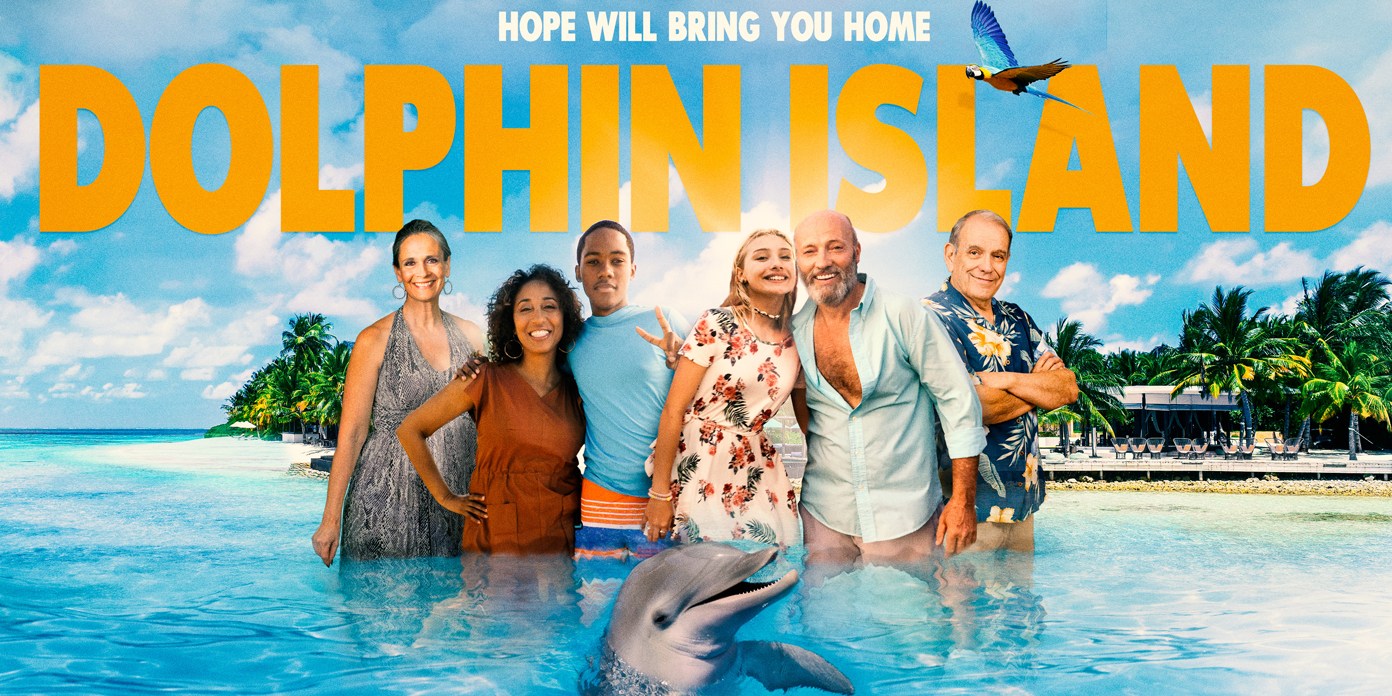 “We were poor but we were happy. I would ask questions that interested me based on morality and ethics. My dad is a good man, but all I had to do was just walk out of the house and I’d just be fighting for my life. Go to church, think at home, join the local gang. It was a strange dichotomy.”
“We were poor but we were happy. I would ask questions that interested me based on morality and ethics. My dad is a good man, but all I had to do was just walk out of the house and I’d just be fighting for my life. Go to church, think at home, join the local gang. It was a strange dichotomy.”
After graduating from college, Disa hopped in his grandfather’s Oldsmobile 88 and drove to California. For several months, he lived homeless around town and on Venice Beach, trying to get a job as an animator, but he says he simply wasn’t good enough. But he kept working on his craft, and by the mid-1990s, he was employed by Disney, with work on Pocahontas, The Hunchback of Notre Dame, Mulan, and Tarzan. In 2005, he was handed the task of directing and rewriting The Origin of Stitch, a video short set between the animated feature Lilo & Stitch, and the TV show.
“In the short, Jumba finally talks to Stitch about being designed to be a weapon, and how he now sees him as a person and a son. It’s the first time Stitch calls Jumba ‘father.’ If you look at the Disney mythology, it fits in fine, but it’s a personal expression of how I was raised by my culture to be someone other than what I want to be. It’s also about how the affection of my father meant the world to me. It’s the story of the Prodigal Son,” he shares, before adding with a chuckle, “all the Disney guys asked me why I put so much in there!”
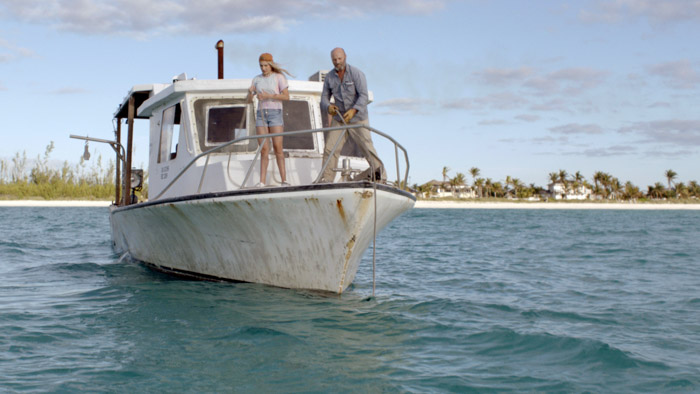 Now as a married husband and father of three, Disa has appreciated the time to spend with his family, and to see the way he has more time to work on writing and creativity. He’s always centered his life around home and family versus work or socialization, and his art reflects his worldview, and the transformation of his own life.
Now as a married husband and father of three, Disa has appreciated the time to spend with his family, and to see the way he has more time to work on writing and creativity. He’s always centered his life around home and family versus work or socialization, and his art reflects his worldview, and the transformation of his own life.
“I have two completely separate interests when it comes to making art,” the writer/director admits. “I’ve made movies for adults that have been rated R and I’ve made movies, family movies, for young children, that anyone from young to old could watch. Dolphin Island is a family movie. All of my work is always about ethics, decisions, and morality.”
Having seen things like violence, the exploitation of people, the use of race as a weapon to divide people, and the devastation of drugs and crime, Disa knows everyone has to make a choice, living with the consequences. Even when it doesn’t always feel like a choice. Disa knows that choosing to be a good husband and father takes work, and he’s worked that through his latest film.
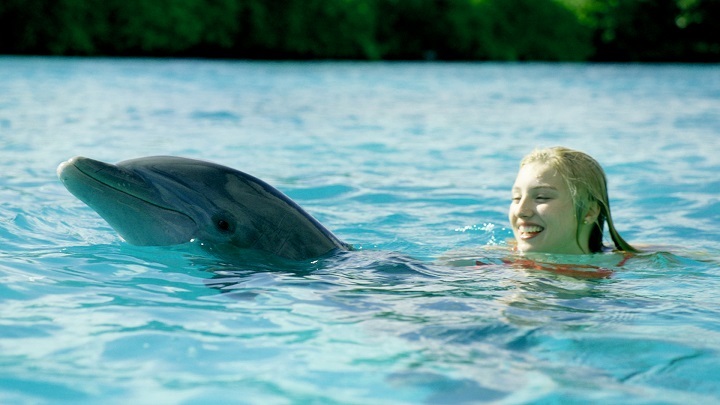 “That’s the point of Dolphin Island. When I was growing up, the men we admired were the most violent. Not the best man, just the biggest and meanest. Breaking away changed my definition of what manhood means. A superhero is a grown man or grown woman doing what needs to be done. I see heroism in ordinary people struggling through tough times. Batman doesn’t impress me but the guy managing the grocery story down the street to keep his kids in school, that’s heroic.”
“That’s the point of Dolphin Island. When I was growing up, the men we admired were the most violent. Not the best man, just the biggest and meanest. Breaking away changed my definition of what manhood means. A superhero is a grown man or grown woman doing what needs to be done. I see heroism in ordinary people struggling through tough times. Batman doesn’t impress me but the guy managing the grocery story down the street to keep his kids in school, that’s heroic.”
Asked to make a movie about a dolphin and her best friend, a little girl, Disa found himself working with producer/writer Shaked Berenson to make a family friendly movie that talks about morality, and practiced it. As the team was prepared to shoot scenes in the Bahamas, they realized a hurricane had wiped out several of their locations, but Berenson pushed to have the film shot there anyway because the locals needed the money. When constructing the story, they focused on people who were all doing the best they could with their situation, so the tension was about finding the best for everyone, not that any one person was a villain or evil. The tension rises when the little girl’s maternal grandparents arrive with a lawyer intent on taking the girl away from her paternal grandfather.
“Let’s empathize instead of villainizing them. We can understand and love them even if we don’t agree with them. I don’t understand why some people dehumanize others if they can lay out their own ethical argument even if different from our own. We should seek commonality.”
The director recognizes that to get a family film into a home, that he has to earn the respect and trust of people by showing appropriate material. Disa is confident that Dolphin Island is not only a family-friendly film, but that there’s a depth to it that elevates it as a film. “It’s not vapid; it’s not a Happy Meal,” he says. “But you have to respect there are subjects in a family film that parents don’t want you to get into. It bothers me when people want to slip things in that don’t belong in a particular type of movie.”
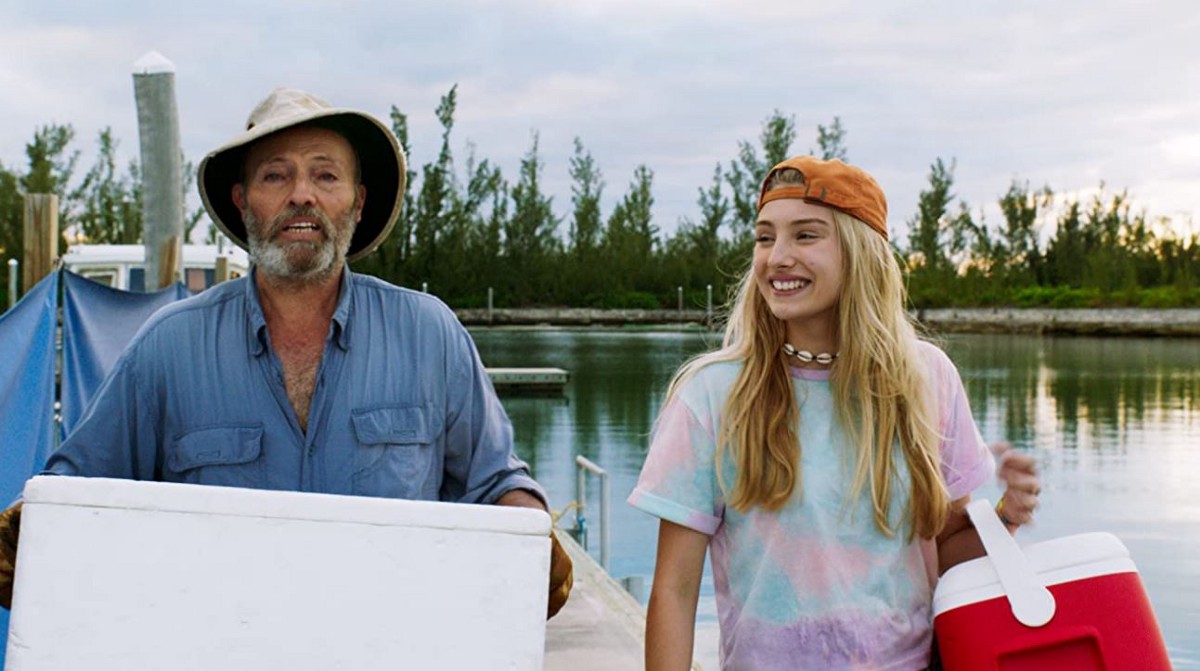 With all of these big picture ideals in mind, Disa and Berenson rewrote the script over and over again in a diner in North Hollywood, and then worked through the difficult casting process both here and in the Bahamas, and then getting everyone to the Bahamas with effective work permits in the right locations.
With all of these big picture ideals in mind, Disa and Berenson rewrote the script over and over again in a diner in North Hollywood, and then worked through the difficult casting process both here and in the Bahamas, and then getting everyone to the Bahamas with effective work permits in the right locations.
But the spiritual influence continued to move to the forefront, especially after a conversation that Disa had with Annette Duncan, who plays a grandmother in the film. Disa asked how Duncan would feel about giving a crucifix from the grandmother to the granddaughter to connect the family’s faith through the years. “She’s a pastor’s wife which I didn’t know!” exclaims Disa. “We just had this awesome conversation about how the core traditions of faith have to be passed down. In one crucial scene, her character prays when everyone else is panicking. She turns away from what she sees and asks God for help.”
Disa says that his own experience with the loss of his brother at a young age had highlighted the importance of faith in family and especially in parenting. “Sometimes, you have nothing to offer your children but to turn to God and pray for help. There are bad things that are going to happen to people you love that you can’t fix no matter how mean, or how tough, or how rich you are. There are no atheists in foxholes. Try raising a family and tell me you don’t spend some time in foxholes!”
“The day one of my sons was diagnosed as diabetic; the first time my other son had a seizure and I carried his unconscious form downstairs — you turn to God and then medical science as quickly as possible.”
With Dolphin Island, available now on Amazon, as a medium, Disa has crafted a story that provides fun entertainment, a meaningful worldview, and an opportunity for families to grow together.




